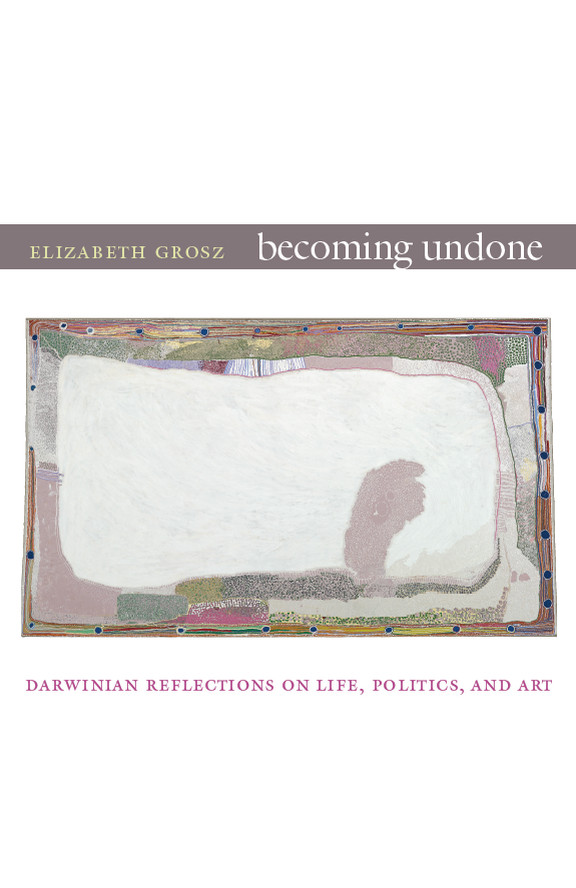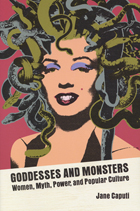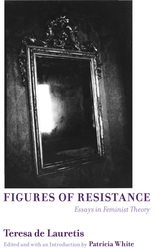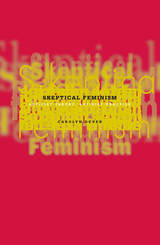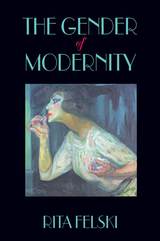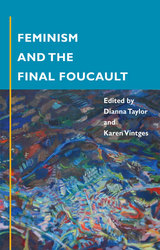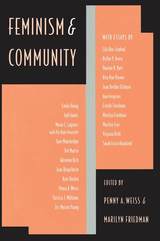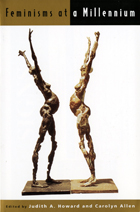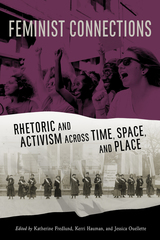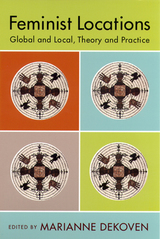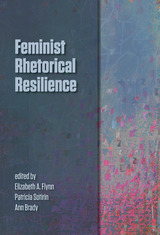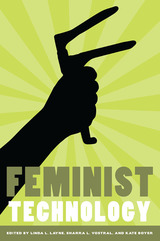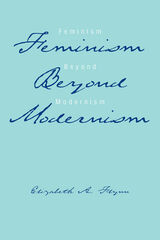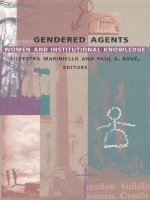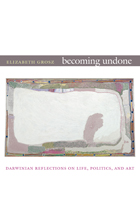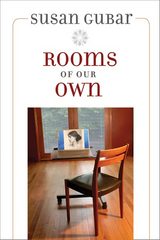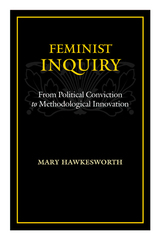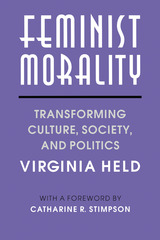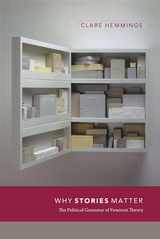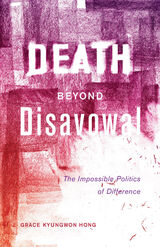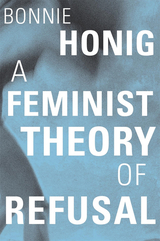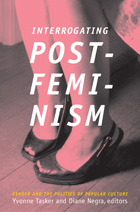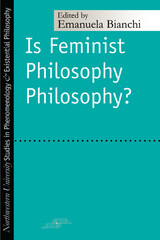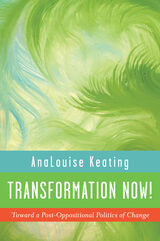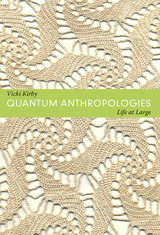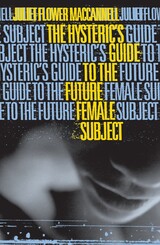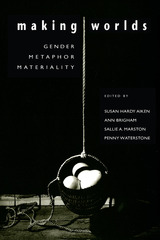Becoming Undone: Darwinian Reflections on Life, Politics, and Art
Duke University Press, 2011
Cloth: 978-0-8223-5053-8 | Paper: 978-0-8223-5071-2 | eISBN: 978-0-8223-9443-3
Library of Congress Classification HQ1190.G756 2011
Dewey Decimal Classification 305.4201
Cloth: 978-0-8223-5053-8 | Paper: 978-0-8223-5071-2 | eISBN: 978-0-8223-9443-3
Library of Congress Classification HQ1190.G756 2011
Dewey Decimal Classification 305.4201
ABOUT THIS BOOK | AUTHOR BIOGRAPHY | REVIEWS | TOC | REQUEST ACCESSIBLE FILE
ABOUT THIS BOOK
In Becoming Undone, Elizabeth Grosz addresses three related concepts—life, politics, and art—by exploring the implications of Charles Darwin’s account of the evolution of species. Challenging characterizations of Darwin’s work as a form of genetic determinism, Grosz shows that his writing reveals an insistence on the difference between natural selection and sexual selection, the principles that regulate survival and attractiveness, respectively. Sexual selection complicates natural selection by introducing aesthetic factors and the expression of individual will, desire, or pleasure. Grosz explores how Darwin’s theory of sexual selection transforms philosophy, our understanding of humanity in its male and female forms, our ideas of political relations, and our concepts of art. Connecting the naturalist’s work to the writings of Bergson, Deleuze, and Irigaray, she outlines a postmodern Darwinism that understands all of life as forms of competing and coordinating modes of openness. Although feminists have been suspicious of the concepts of nature and biology central to Darwin’s work, Grosz proposes that his writings are a rich resource for developing a more politicized, radical, and far-reaching feminist understanding of matter, nature, biology, time, and becoming.
See other books on: Evolution | Feminist theory | Grosz, Elizabeth | Natural selection | Sex role
See other titles from Duke University Press
